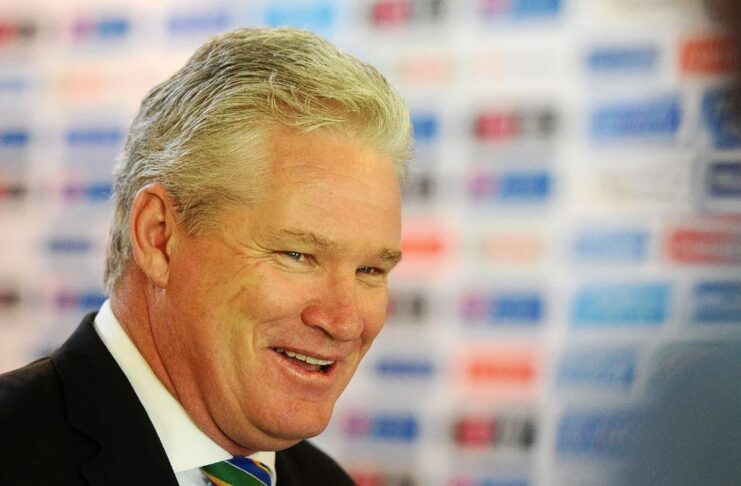Former Australian batsman turned commentator Dean Jones has passed away in Mumbai on Thursday September 24, confirmed the IPL broadcasters Star Sports.
The 59-year-old commentator, who was part of the Star Sport’s IPL commentary in Mumbai, died of a cardiac arrest.
“It is with great sadness that we share the news of the passing away of Mr. Dean Mervyn Jones AM. He died of a sudden cardiac arrest,” Star Sports said in a press release. “We express our deep condolences to his family and stand ready to support them in this difficult time. We are in touch with the Australian High Commission to make the necessary arrangements.”
“Jones was one of the great ambassadors of the game associating himself with Cricket development across South Asia. He was passionate about discovering new talent and nurturing young cricketers.
“He was a champion commentator whose presence and presentation of the game always brought joy to millions of fans. He will be sorely missed by everyone at Star and his millions of fans across the globe. Our thoughts and prayers are with his family and friends,” the broadcasters said.
Known for his attacking game and superb fielding, Dean Jones played 53 Tests and 164 ODIs during a career spanning 15 years.
Jones made his debut in 1984 in a ODI against Pakistan and a couple of months later he played his first Test against West Indies in Port of Spain.
Just two years and 2 games into his international career, Jones played a gritty (the most memorable Test knock of his life) innings against India in Chennai in 1984. He scored a brilliant 210, defying extreme dehydration in the heat and humidity of the city.
Over the course of his international career, he scored 10 Test centuries with a career best of 216 against West Indies in Adelaide in 1989.
He evolved a style of batsmanship in the ODI cricket, with his affinity to walk down the wicket to the bowlers and run aggressively between the wickets.
He was one of the key players of the Allan Border led Australian team that won the 1987 World Cup, an achievement that he termed ” the biggest moment” of his career.
After retirement, he worked as a coach and commentator.

